01. What is Management Consulting?
Is there anything to management consulting beyond travelling to client locations, wearing business suits and giving fancy presentations?How has management consulting evolved over the years? What is it that really adds value to our clients? How do we drill down clients’ problem statements and come up with recommendations?What are the broad areas we look at?How do we add rigor through research and analysis, and come up with an executable solution?
02. What do Consultants do?
Client projects may have a few or all of these aspects – defining the problem, conducting research and analyses, converting information into insights and formulating recommendations, developing execution roadmap, and program managing implementation activities. Consultants are expected to wear different hats as each project will be different not only in terms ofproblem statement, research and analysis needs and solutioning, but also in the project construct.
03. What skills are needed in Consulting?
Candidates often struggle to understand what skill sets they need to pursue a career in management consulting. What are the so-called “core consulting skills” (both hard and soft skills) that are non-negotiable for a prospective consultant? What is the mindset needed and methods to hone these skills which help consultants to ace their career trajectory? How we at Healthark Insights help consultants in this process of learning and development?
04. What are the career paths for Consulting?
Consulting as a profession is full of ambiguity and even more so is the career trajectory. When people get into consulting, they often have questions regarding career growth prospects within consulting, how to build area(s) of expertise, and what are the options for someone looking to make a career shift outside consulting. This video is going to clarify all your doubts about the career paths and progression within and outside consulting.
05. What do Consulting firms look for in candidates?
Consulting firms primarily look for effective communication (clear and precise) – both verbal and written, relevant experience highlighting aproblem-solving result-driven mindset,strong and consistent academic performance highlighting rigor and depth,and also meaningful co-curricular achievements such as excelling in sports, arts, social service, etc. exhibiting excellence, leadership skills and a drive towards taking initiative.
06. How to create a good consulting Resume?
The resume is candidate’s first impression to the consulting firm. It not only determines the shortlisting but also drives candidate’s selection. It is the first point of communication between the candidate and the consulting firm. The content of the resume is equally important as how you represent and structure that information. In this video, we will look at “what to include” and “how to represent” to build a strong consulting resume.
07. What is the hiring process?
Whether you are a final-year student or a working professional looking to join consulting, you may have these pertinent questions- How to apply? Who will be the interviewers? How many interview rounds? What will be the discussion topics? What will be the evaluation parameters? Although nuances may differ, most consulting firms test your communication, problem solving ability, structuring skills and attitude fitment in consulting through the hiring process.
08. What is the case interview and how to approach it?
Solving cases is an integral part of the hiring process in consulting. You may have one or multiple of such interview rounds. It’s like a real consulting client project simulated and capsuled into 30-60 minutes. The interviewer looks for candidate’s ability to comprehend the given information, structure his/her thoughts, have a first-principles thinking, drive towards results and articulate it effectively.
